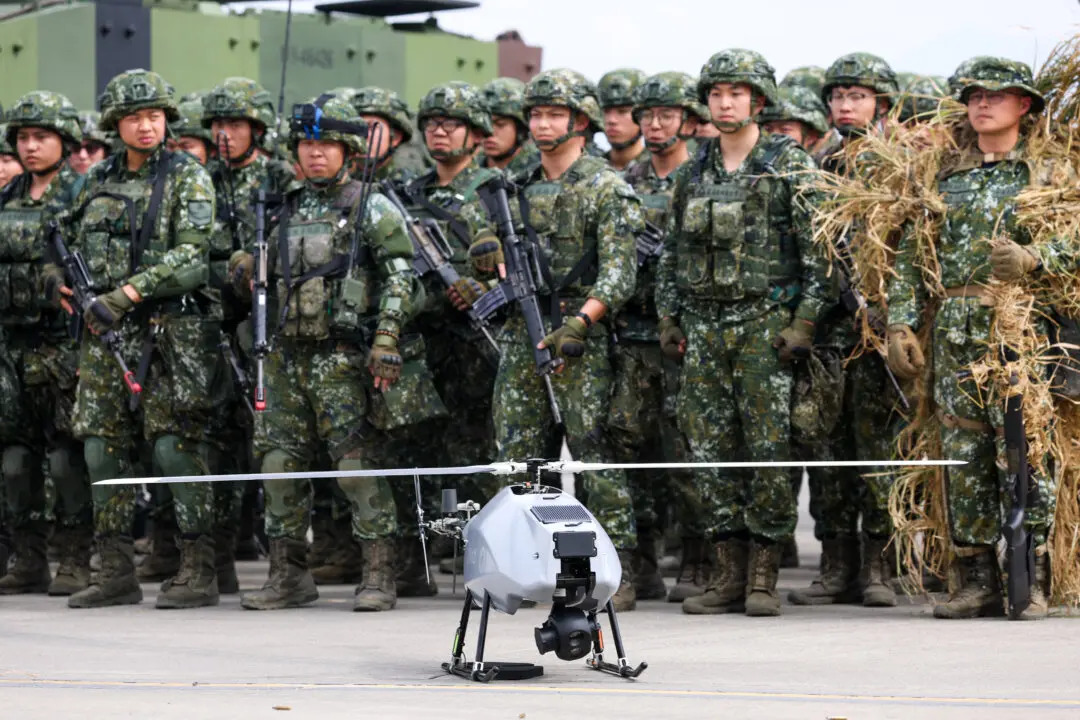Recent revelations by a man claiming to be a Chinese spy have made international headlines, blowing the lid off the regime’s espionage operations in Australia, Hong Kong, and Taiwan.
Wang “William” Liqiang sought asylum in Australia and offered the country’s top intelligence agency a trove of information on how the communist Chinese regime funds and directs operations to sabotage the democratic movement in Hong Kong, meddle in Taiwanese elections, and infiltrate Australian political circles, according to a series of reports from Nov. 22 by Nine Network, an Australian media group.





